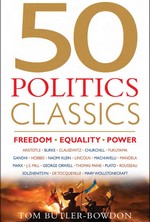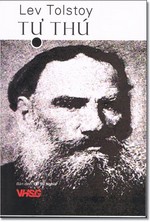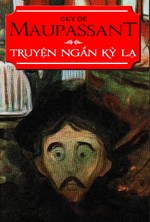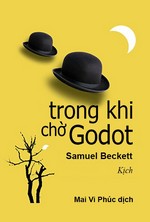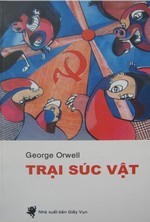50 Politics Classics
What kind of society offers the most freedom, the greatest chance for equality between its members, and yet possesses the most power to protect these values? Which understanding of the state is best? These questions are as important to us now as they were in ancient Greece, and in this book I look at some of the most notable answers, old and new, via commentaries that aim to give a sense of the key writings and the context in which they were written. 50 Politics Classics provides insights into the books, pamphlets, and speeches of major leaders, from Abraham Lincoln and Winston Churchill to Margaret Thatcher, and texts from Hobbes’ Leviathan to Fukuyama’s The End of History and the Last Man that have changed minds and changed the world. In politics the written word matters, because it has frequently driven real-world change: Rousseau’s The Social Contract and Discourse on Inequality helped inspire the French Revolution; The Federalist Papers of Hamilton, Madison, and Jay gave crucial gravitas to those calling for a new American constitution; Marx and Engels’ The Communist Manifesto galvanized oppressed workers but led to a divided world for almost a century; Solzhenitsyn’s The Gulag Archipelago and Arendt’s The Origins of Totalitarianism exposed the evil at the heart of the totalitarian regimes of Stalin and Hitler; and Hayek’s Road to Serfdom and Orwell’s Animal Farm damned collectivist “central planning” as the means to a just society. Sun Yat-sen’s Three Principles of the People was essential in building the case for a Chinese republic free of centuries of dynastic rule or colonial powers, and Thoreau’s Civil Disobedience inspired Gandhi, Nelson Mandela, and Martin Luther King in their campaigns for justice. Carson’s Silent Spring was the catalyst for the modern environmental movement, and Klein’s No Logo crystallized the feelings of anti-globalization protesters. A more recent example of the relevance of political classics is the popularity of Voltaire’s Treatise on Tolerance, an attack on religious fanaticism that climbed the French bestseller lists following the Charlie Hebdo killings. (From Introduction)

